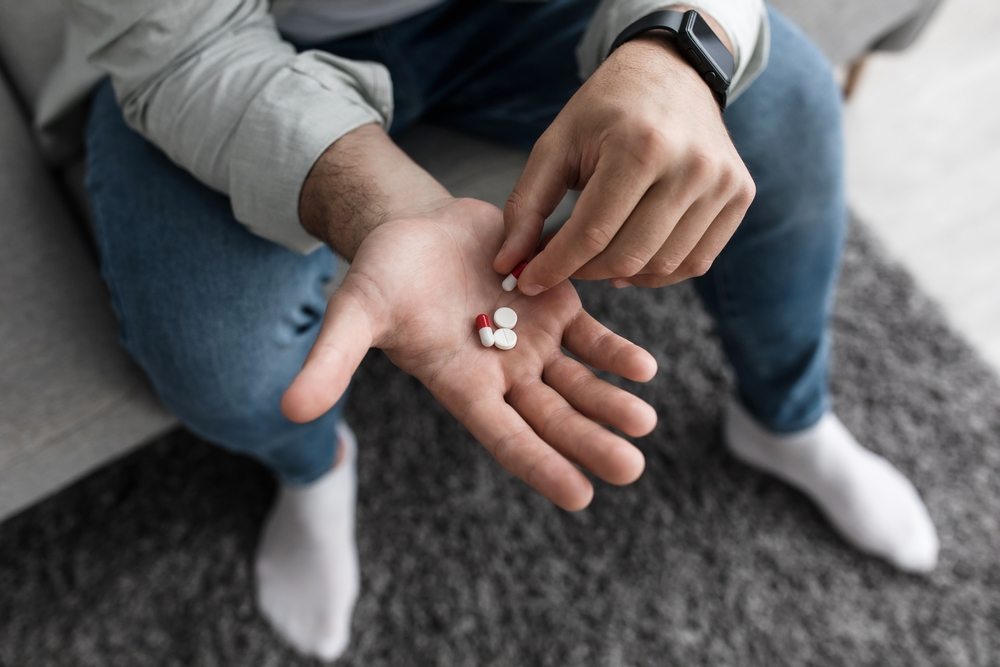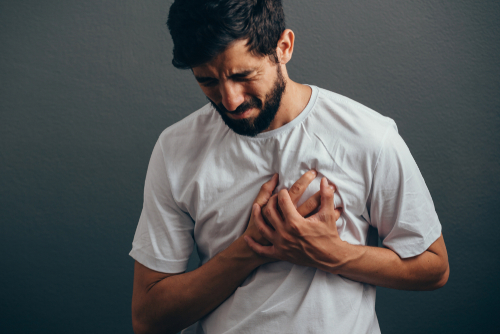A drug overdose is a serious and life-threatening event that can happen to anyone using drugs, whether a prescription drug or an illegal substance. While some overdose cases are obvious and quickly recognized, others may go unnoticed until it’s too late.
In this article, we’ll explore the most commonly missed signs of a drug overdose and discuss why they are often overlooked. We’ll also cover the most frequently abused drugs that result in overdose, including opioids, benzodiazepines, and stimulants. Additionally, we’ll provide tips on how to safely withdraw from drugs and where to seek professional help.
A Drug Overdose Can Be Non-Fatal
A drug overdose can be non-fatal if the person receives timely medical attention and appropriate treatment. In some cases, individuals who experience a drug overdose may recover without any long-term consequences. However, even non-fatal overdoses can have serious short-term and long-term health conditions, including organ damage and an increased risk of future overdoses.

Common Warning Signs Of A Drug Overdose
The most common and obvious signs of a drug overdose include:
Unconsciousness or unresponsiveness – Opioids, benzodiazepines, and alcohol can cause a person to lose consciousness or become unresponsive due to depressed respiratory function or changes in blood pressure.
Shallow or difficult breathing – Opioids, benzodiazepines, alcohol, and sedatives can depress the respiratory system, causing breathing to become shallow, slow, or irregular.
Blue or purple lips and nails – Depressed respiratory function can decrease the amount of oxygen in the blood, leading to blue or purple discoloration of the lips and nails.
Cold, clammy skin – Depressed respiratory function and changes in blood pressure can cause the skin to become cold and clammy to the touch.
Pinpoint (constricted) or dilated (enlarged) pupils – Opioids, for example, can cause pinpoint pupils, while stimulants can cause dilated pupils.
Chest pain or pressure – Cocaine and amphetamines can cause chest pain or pressure due to changes in blood pressure or heart function.
Irregular heartbeat or palpitations – Cocaine, amphetamines, and other stimulants can affect the heart rate and rhythm, leading to irregular heartbeat or palpitations.
Vomiting or gurgling noises – Opioids and alcohol can lead to vomiting or gurgling noises if the person is choking on their vomit or has aspiration pneumonia.
Seizures or convulsions – Cocaine, amphetamines, and other stimulants can cause seizures or convulsions due to changes in brain activity, while alcohol and sedatives can cause seizures due to changes in brain chemistry and withdrawal effects.
Drowsiness and fatigue – Sedatives like benzodiazepines enhance the effects of the GABA neurotransmitters and cause drowsiness.

Missed Signs Of A Drug Overdose
While many of the signs above are common and easily noticeable, here are a few signs of a drug overdose that are easily missed and require further examination.
Confusion or altered mental state – Drug overdoses can cause confusion or altered mental states, such as delirium, disorientation, and hallucinations. These symptoms can be easily overlooked or misattributed to psychiatric disorders or dementia.
Changes in skin tone or color – Drug overdoses can cause strange skin tones or color changes, such as pallor or flushing. These symptoms can be subtle and may not be immediately noticeable to non-medical professionals.
Gastric emptying – Drug overdoses can slow gastric emptying, leading to delayed or incomplete digestion of food. This can result in abdominal pain, nausea, and vomiting.
Dehydration – Drug overdoses can cause dehydration due to changes in fluid balance or vomiting, leading to dry mouth, thirst, and reduced urine output.
Kidney or liver damage – Chronic drug use and overdoses can damage the kidneys and liver, leading to jaundice, leg swelling, and changes in urine output. These symptoms can be difficult to spot and may require medical expertise.

Drugs With The Most Reported Overdoses
Opioids – According to the National Institute on Drug Abuse (NIDA), over 69,710 people died from opioid overdoses in the United States in 2020. This includes deaths from prescription opioids, heroin, and synthetic opioids such as fentanyl. Opioid overdoses accounted for over two-thirds of all drug overdose deaths in the United States in 2020.
Benzos – According to the Centers for Disease Control and Prevention (CDC), benzodiazepine overdose deaths increased from 1,135 in 1999 to 11,537 in 2017 in the United States. In 2017, benzodiazepine overdoses accounted for about 10% of all drug overdose deaths.
Stimulants – According to the CDC, stimulant overdose deaths, including those involving cocaine and methamphetamine, increased from 5,981 in 2014 to 16,167 in 2019 in the United States. Stimulant overdoses accounted for about 30% of all drug overdose deaths in 2019.
How To Safely Withdraw From Drugs
Here are the best ways to safely withdraw from drugs:
Seek medical supervision: Before trying to detox from drugs yourself, call a reputable detox center experienced in the drugs you are trying to avoid.
Gradual tapering: Depending on the drug, gradually reducing the dosage over time may help reduce withdrawal symptoms’ severity.
Stay hydrated: Drink plenty of water and fluids to stay hydrated during the withdrawal process.
Get adequate rest: Rest is important during withdrawal to help your body recover and cope with physical and emotional stress.
Eat a healthy diet: Eating a healthy and balanced diet can help support your body during the withdrawal process.
Seek emotional support: The withdrawal process can be emotionally challenging, so it’s important to seek emotional support from family, friends, or a therapist.
Avoid triggers: Avoiding triggers, such as people or places associated with drug use, can help to reduce the risk of relapse during withdrawal.
Contact MD Home Detox
If you or a loved one is struggling with a substance use disorder and want to know more about overdoses, detox, and addiction treatment plans, contact MD Home Detox. As the US’s first individualized concierge recovery program, we offer at-home detox services backed by a comprehensive and fully-integrated team treatment approach designed for the home environment.


